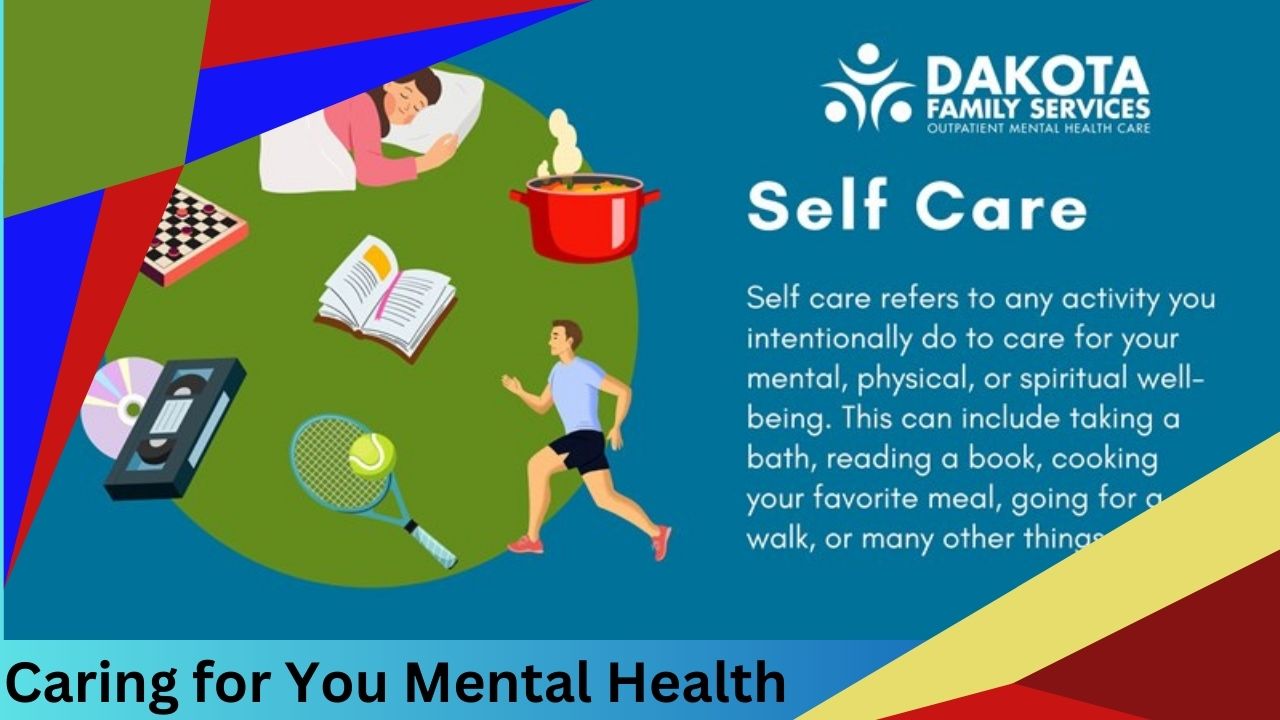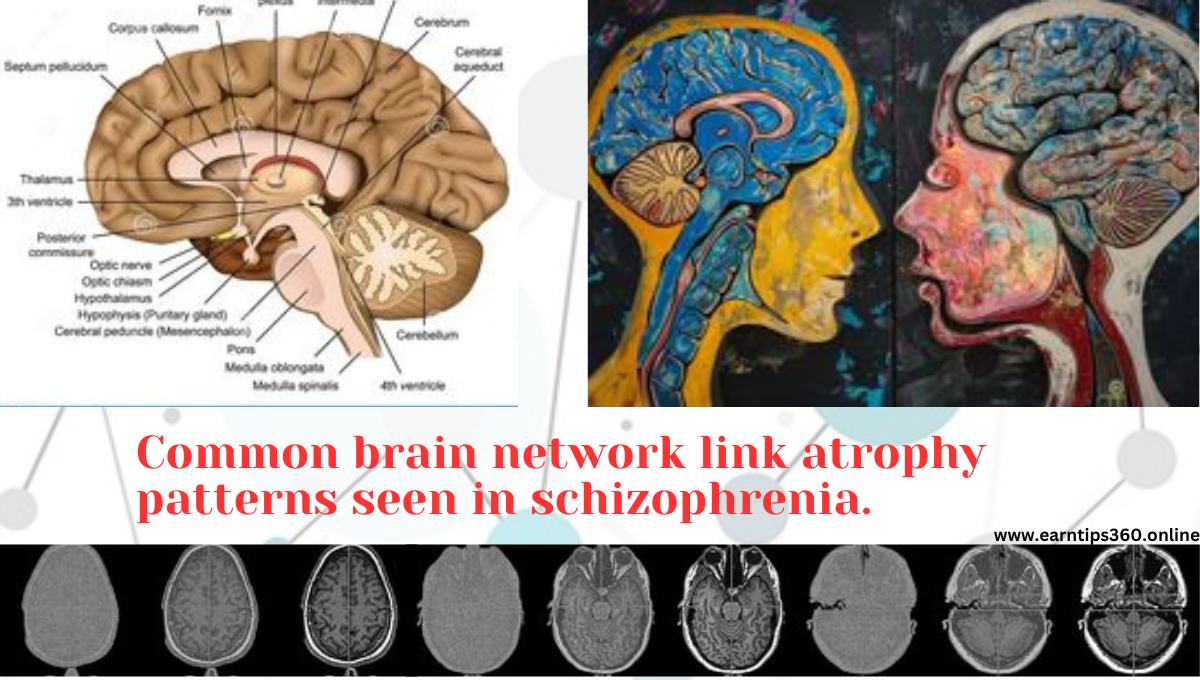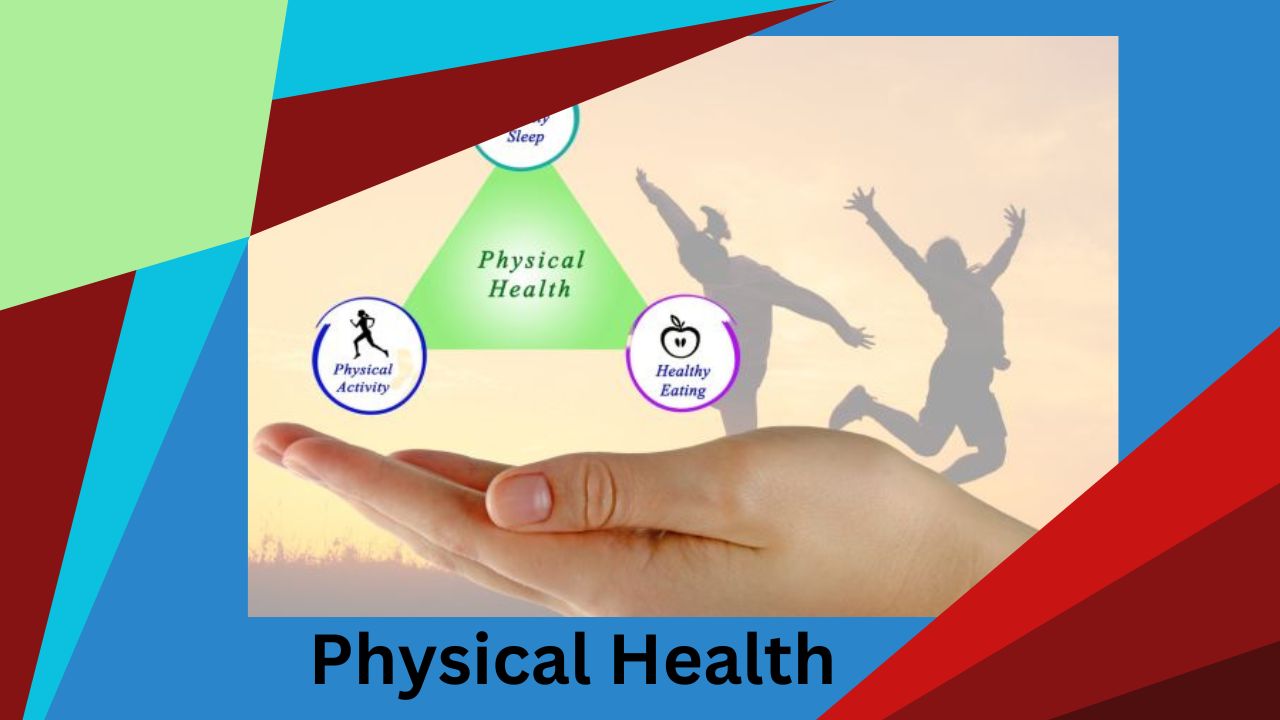Mental health includes emotional, psychological, and social well-being It is more than the absence of a mental illness -it’s essential to your overall health and quality of life. Self – care can play a role in maintaining you mental health and help support your treatment and recovery if you have a mental illness.
How can I take care of my mental health?
Self – care means taking the time to do things that help you live well and improve both your physical health and mental health. This can help you manage stress, lower your risk of illness, and increase your energy. Even small acts of self -care in your daily life can have a big impact.
Here are some self-care tips:
- Get regular exercise. just 30 minutes of walking every day can boost your mood amd improve your health. Small amounts of exercise add up, so don’t be discouraged if you can’t do 30minutes at one time.
- Eat healthy, regular meals and stay hydrated. A balanced diet and plenty of water can improve your energy and focus throughout the day. Pay attention to your intake of caffeine and alcohol and how they affect your mood and well – being- for some, decreasing caffeine and alcohol consumption can be helpful.
- Make sleep a priority. Stick to a schedule, and make sure you’re getting enough sleep. Blue light from devices and screens can make it harder to fall asleep, so reduce blue light exposure from your phone or computer before bedtime .
- Try a relaxing activity . Explore relaxation or wellness programs or apps, which may incorporate meditation, muscle relaxation, or breathing exercises. Schedule regular times for these and other healthy activities you enjoy, such as listening to music, reading, spending in low – stress hobbies.
- Set goals and priorities. Decide what can wait. Learn to say “no” to new tasks if you start to feel like you’re taking on too much. Try to appreciate what you have accomplished at the end of the day.
- Practice gratitude. Remind yourself daily of things you are grateful for. Be specific. Write them down or replay them in your mind.
- Focus on positivity. Identify and challenge your negative and unhelpful thoughts.
- Stay connected. Reach out to friends or family members who can provide emotional support and practical help.
Self -care looks different for everyone, and it is important to find what you need and enjoy. It may take trial and error to discover what works best for you.
When should I seek professional help?
Seek professional help if you are experiencing severe or distressing or more, such as:
- Difficulty sleeping
- Changes in appetite or unplanned weight changes
- Difficulty getting out of bed in the morning because of mood
- Difficulty concentrating
- Loss of interest in things you usually find enjoyable
- Inability to complete usual tasks and activities
- Feelings of irritability, frustration, or restlessness
NIH Wellness Toolkits: NIH provides toolkits with strategies for improving your emotional health and social health
Mediline: How to Improve Mental Health: MedlinePlus provides health information and tips for improving your mental health.
CDC: Emotional Well-Being
CDC provides information on how to cope with stress and promote social connectedness.
SAMHSA: How to Cope:
SAMHSA offers tips for taking care of your well-being and connecting with others for support.









